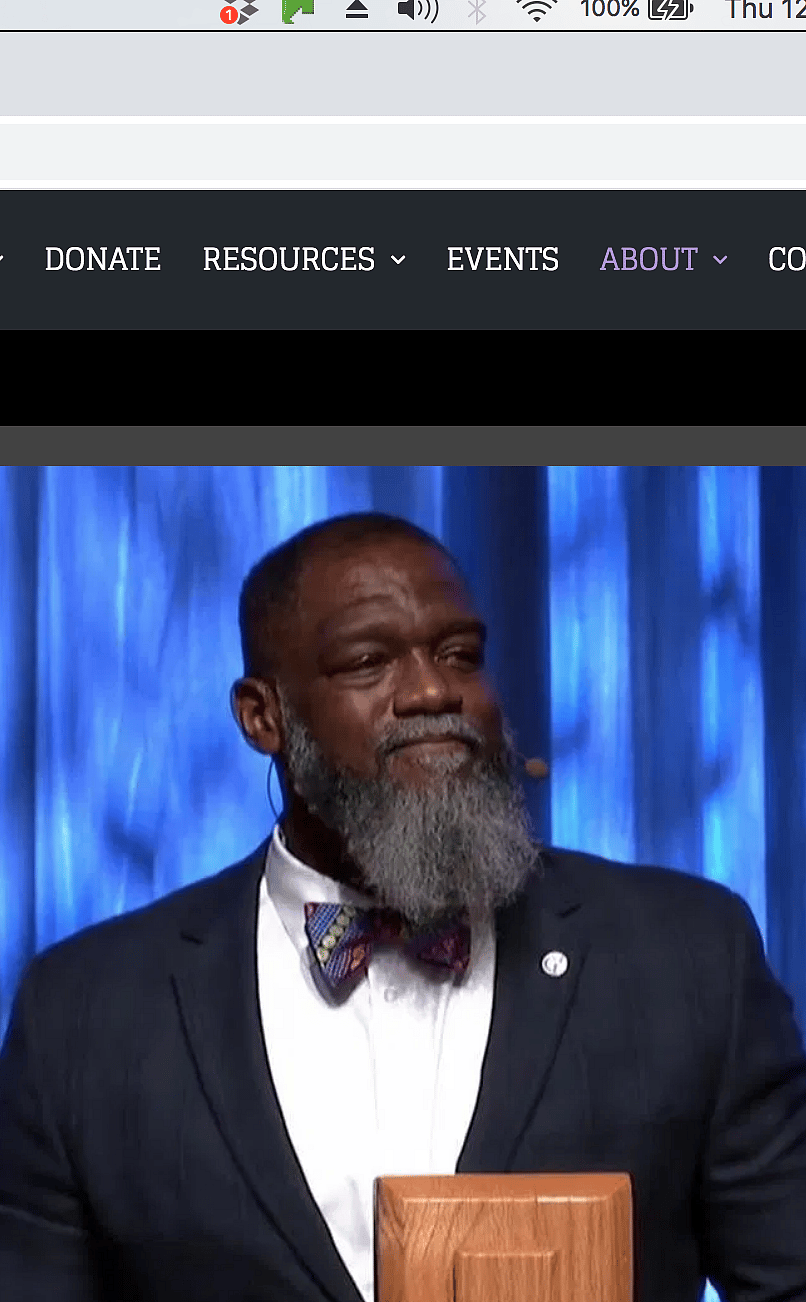Black Pastor Demolishes Critical Race Theory In New Book – Fault Lines

Fault Lines: The Social Justice Movement and Evangelicalism's Looming Catastrophe
by Voddie Baucham
Salem Books
270 pages
April 2021
If you do not know what Critical Race Theory is, you better learn about it fast. This Marxian theory of race that divides all people into either oppressor or oppressed is currently wreaking havoc at every school, college, and non-profit organization that embraces it. It is also being mainstreamed in public schools throughout our country. And even worse — if that is possible — it is infecting the church in America.

